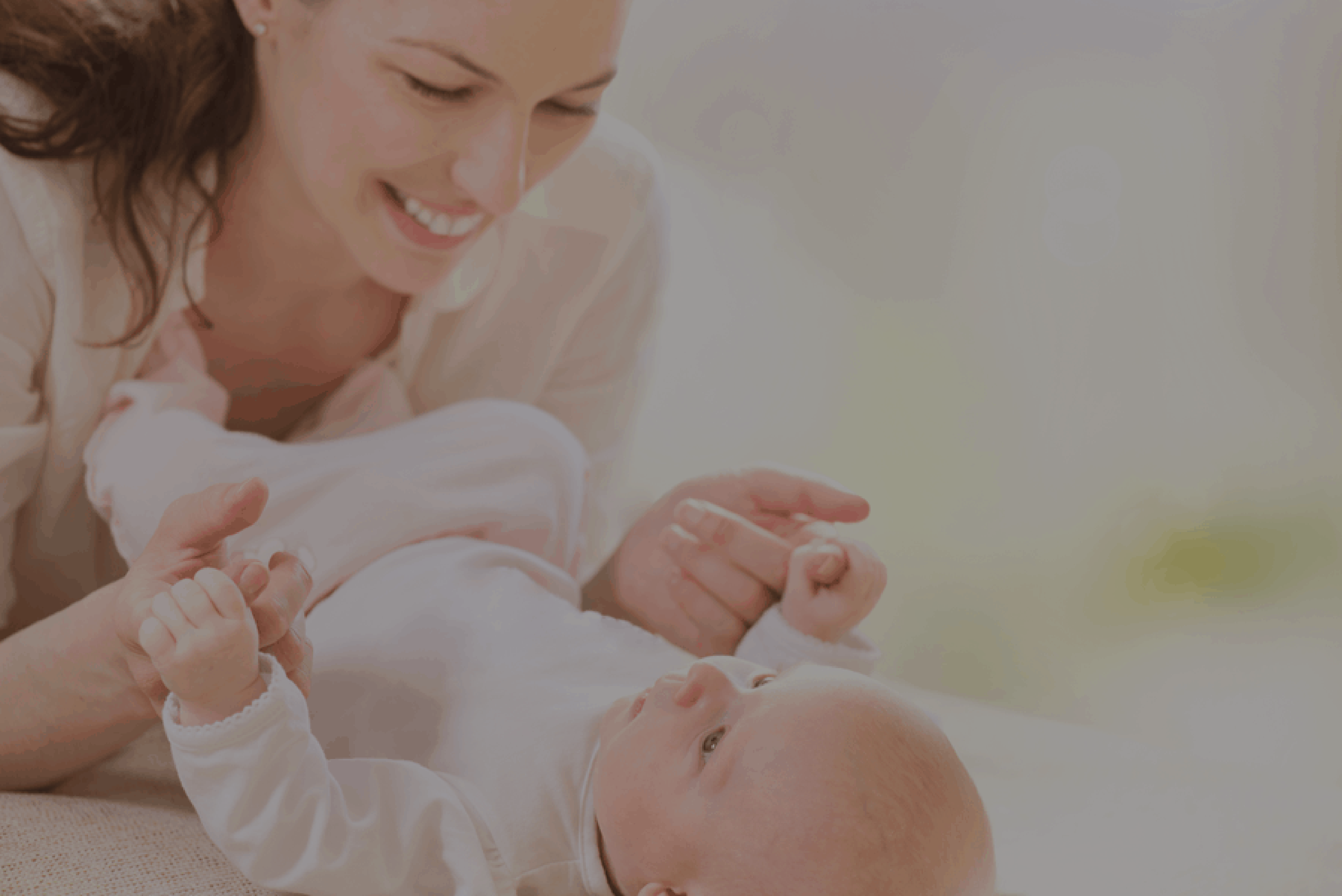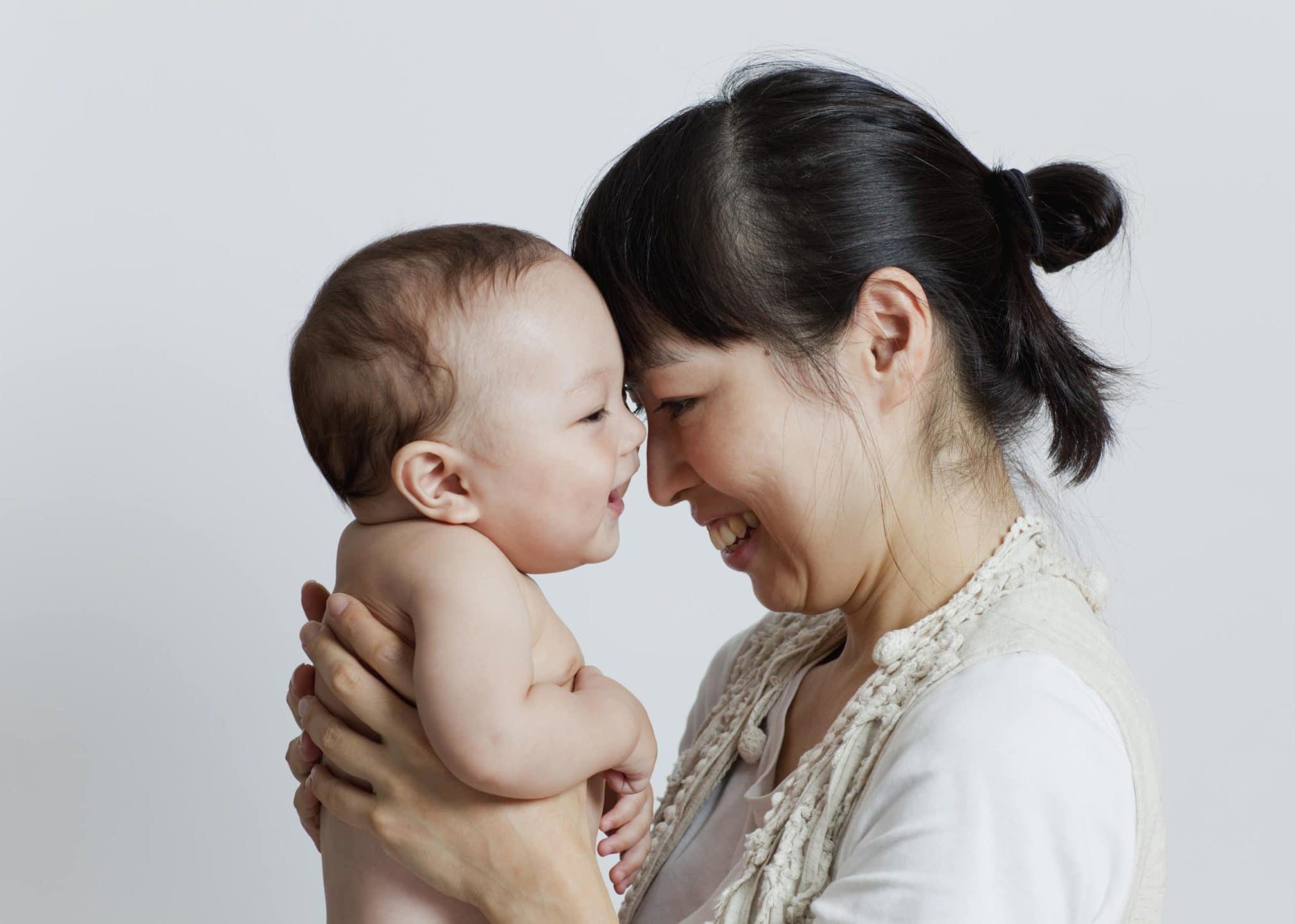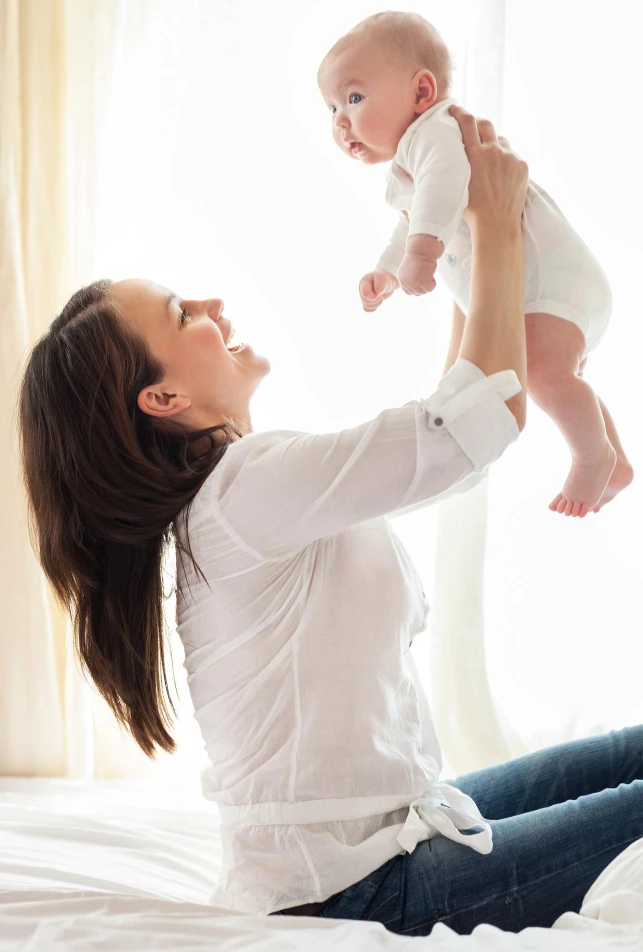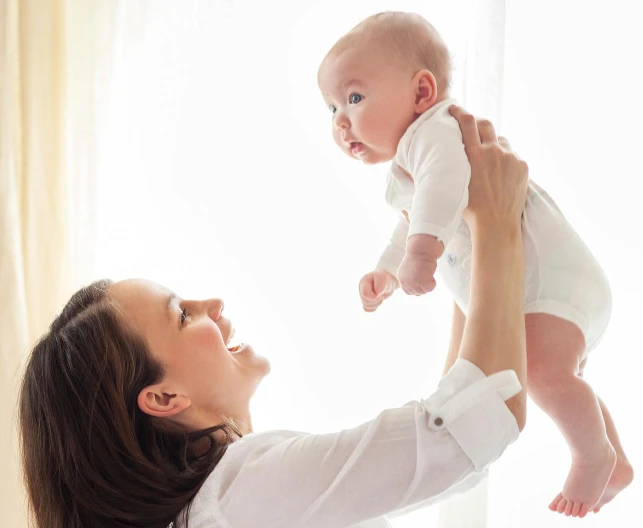Conception at 40
Women today are delaying childbearing for many reasons including education, career goals, and the desire for financial security. Unfortunately, time is not working in their favor, and their fertility is decreasing as they age.
Women see a decline in fertility around age 30, which becomes a steeper decline after age 35. By age 40, the chances of conceiving, without assistance, are about 5% per menstrual cycle.
Many women over 40 find it makes the most sense to turn to IVF as soon as possible.
Why Women Over 40 Have Problems Conceiving
- Ovulation is not as regular.
- Ovulation starts earlier in the cycle, so the standard timing of intercourse doesn’t work.
- Not all eggs are viable and can be fertilized.
- Chances of chromosomal abnormalities in eggs are much higher.
- Increased chance of health problems like hypertension or diabetes that affect fertility.
IVF Success Rates for Women Over 40
- IVF over age 40 success rate with own eggs, per egg retrieval cycle, is 6%.
- IVF over age 40 success rate, per implantation attempt with donor eggs, is 4%.
- The IVF success rate, using donor eggs, is the same for women over 40 as it is for any other age group.
- The use of donor eggs during their IVF after age 40 affords these women the same chance for a successful pregnancy as a younger woman.
- Donor egg babies have a lower chance of genetic defects.
IVF, the Best Chance for a Successful Pregnancy if You’re Over 40
A study called the Forty and Over Treatment Trial, published in the journal Fertility and Sterility, suggests that women over 40 who are trying to conceive should go directly to IVF. Instead of losing months of time eggs with procedures like IUI, they are going straight to the protocol most likely to succeed.






















